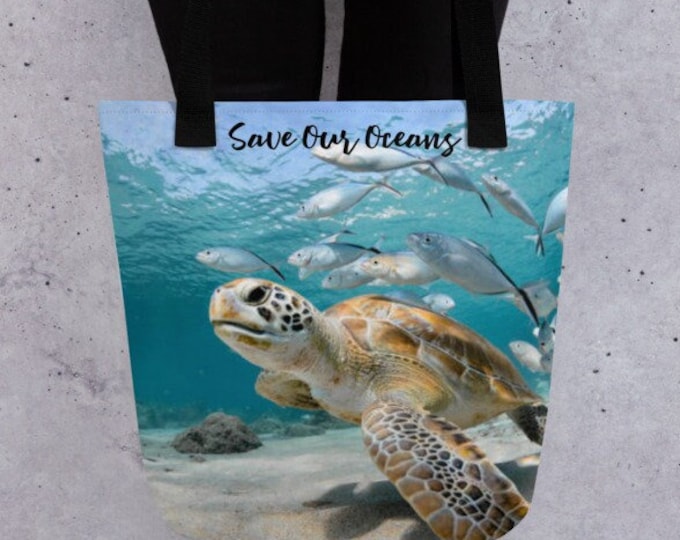Recently, WW also made a bold move to give everyone an individualized eating plan, based on each person's personal food preferences. After using a variety of WW programs over the years, I have found this one to be the most effective plan, yet.
Over the past year, I lost about 10 pounds on the old WW plan. Since beginning the WW Personal Points Program, I lost an additional 10 pounds in just a couple of months, and lost it more easily than I have ever been able to before. I even managed to lose weight during the Christmas and New Year's holiday, despite the fact that there were a couple of days when I definitely overate. No wonder I like this new plan!
You can sign up for WW, or look over the program choices, by clicking on the link below. Or, read more about the program, below, to see how the new program works. (Ad)
https://www.weightwatchers.com/us/checkout/iaf/?iaftoken=E9C5B8900
What Everyone Has in Common on the WW Personal Points Program
For the first time in my experience, users are able to earn extra food points by doing things such as drinking 60 ounces of water a day, or eating a cup of non-starchy vegetables. Increasing the amount of plain water and vegetables we consume seems to be making a huge difference. If we fill up on water and vegetables, we are less likely to want to fill ourselves up with sweetened beverages and unhealthy, high caloric foods.
The program also allows us to earn extra food points by getting exercise. If you wear a fitness tracker, like a Fitbit, (Ad) you can also link the WW App on your smartphone to your Fitbit or similar fitness app. The exercise you get will automatically allow you to receive extra points so you can indulge in your favorite foods. The more you walk, run, swim, or participate in other exercises, the more you can eat!
If you sign up to receive their emails, you will also get frequent ideas for wonderful recipes which are delicious and low in points. Check out the recipes on their app for foods such as low-point chili, and crustless pumpkin pie. I have made and enjoyed both. I have even served the pie to people who are not going to WW, and they loved it, too.
I also like the fact that air-popped popcorn is now a zero point food. Even if you dress it up with some toppings, it is generally a very low point, satisfying snack.
The app can also tell you your personal points for thousands of items from the grocery store or in popular restaurants. It also has a scanner, so you can check out the number of points in an item while you are still in the grocery store! They have made it easier than ever to find ways to eat the foods you love, while still losing weight.
How the WW Personal Points Program is Personalized for You
As soon as you download the WW app, it will ask you a few questions and help you set up your personalized food and activity plan, including your very own ZeroPoint foods list.
For example, the app will ask if you are a diabetic. If you are, you will have a couple of points assigned to fruits you eat, to keep you from consuming too many sugary fruits in a single day. You can still eat fruit, of course. You will just have to count the points. This is part of their wellness plan, to help you keep your blood sugar at appropriate levels.
The app will also ask you to choose the proteins and carbs which you would like to be able to eat as zero point foods. Yes, you get to choose your own zero point foods, from their approved list, of course! In my case, I chose oatmeal, chicken or turkey breast meat, and eggs as my zero point foods. If you don't like the choices you made the first time, you can always take the quiz, again, and make different choices. In this way, everyone is able to eat foods they enjoy, without worrying about the points. Everyone's plan is unique.
The app will also suggest a reasonable exercise goal for you, and help you keep track of it. Learn more about the new WW Personal Point Plan on their site at: (Ad)
https://www.weightwatchers.com/us/checkout/iaf/?iaftoken=E9C5B8900
What About WW Workshops?
During the worst of the Covid pandemic, when most businesses were closed down, I used the WW app Digital Plan only and did not attend any virtual workshops, although they had a number of choices available.
However, now that my local WW site has opened up again, I have begun attending the workshops once a week. I find them inspirational and encouraging.
Whichever choice you make, you can participate in WW and use the app in whatever way works best for you.
Whether you stay at home or attend meetings, you will still get encouraging emails, opportunities to purchase low point snacks and cooking tools which you can buy either at a workshop or online. Often, they have sales.
What Other Incentives do they Have?
As you earn points, you will see a little "gift box" at the bottom of your app. If you click on it, you will discover that you can earn a wide variety of gifts. I have earned jewelry, socks, water bottles, a bluetooth speaker, and other fun items from the WW App. I also used some of my points to donate meals to a charity.
In addition, you can find daily workouts, meditations, and suggestions on how to change your habits on your app. It is truly a wellness program for your whole body!
How Can You Get Started?
You can join me at WW by clicking on the link below! (Ad)
https://www.weightwatchers.com/us/checkout/iaf/?iaftoken=E9C5B8900
Once you click on the link, you will have your choice of whether you want a simple Digital Plan (which I used during the pandemic), or Digital 360 which gives you extra support, or Unlimited Workshops + Digital, which is what I currently use. All of the choices include the invaluable WW app. Most of the time, you get a discount when you first join ... a free month or a lower price for the first few months.
Good luck to you. I hope you enjoy the program as much as I do!
Take time to relax and enjoy your morning coffee or tea even more as you sip it from this lovely mug, covered in hydrangeas with the words "Happiness Blooms in my Garden." It's available in either 11 ounce or 15 ounce sizes.
You can find these mugs and more gifts for retirees and others at my Etsy Store, DeborahDianGifts. Check it out here: http://www.etsy.com/shop/DeborahDianGifts
If you are interested in learning more about our health as we age, financial planning for retirement, where to retire, Social Security, Medicare, common medical issues as you age, and more, use the tabs or pull down menu at the top of the page to find links to hundreds of additional helpful articles.
You are reading from the blog: http://www.baby-boomer-retirement.com
Photo credit: Google Images: Weight Watchers









